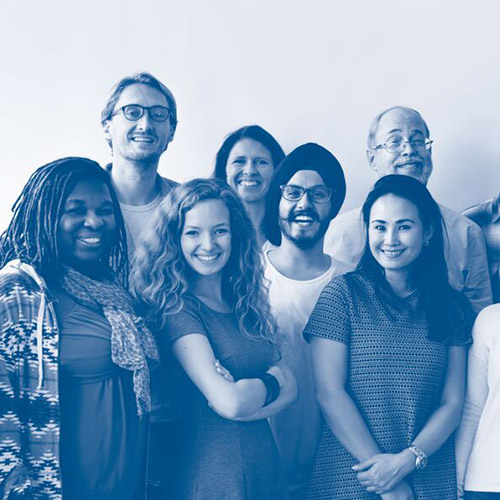
Ensuring equal opportunity to apprenticeships for gay, lesbian, and bisexual individuals can help sponsors grow and expand their programs. When apprenticeship programs are welcoming to individuals of all sexual orientations, it increases sponsors' access to the broadest pool of qualified workers, and communicates that they are committed to equal employment opportunity. In short - it is good business to recruit all qualified individuals for an apprenticeship program.
On this page, you will find resources to help sponsors:
- Learn more about hiring and retaining individuals with diverse sexual orientations
- Avoid discrimination on the basis of sexual orientation
Frequently Asked Questions
Sexual orientation refers to an individual's physical, romantic, and/or emotional attraction to people of the same and/or different gender. Examples of sexual orientations include straight (or heterosexual), lesbian, gay and bisexual.
Yes, discrimination against an apprentice or applicant on the basis of sexual orientation is unlawful under the apprenticeship Equal Employment Opportunity (EEO) regulations. Any apprenticeship program that is registered with the Office of Apprenticeship (OA), or with a State Apprenticeship Agency (SAA) that adopts the EEO regulations, must avoid such discrimination in its program.
The apprenticeship EEO regulations forbid discrimination in any aspect of employment, including recruitment, hiring, firing, pay, job assignments, promotions, layoff, training, fringe benefits, and any other term or condition of employment. Additionally, they forbid harassment against an apprentice or applicant on the basis of sexual orientation. A harasser or the target of such harassment may be either a woman or a man, and the target and harasser may be the same sex.
Apprentices also have the right to be free from intimidation and retaliation for opposing sexual orientation discrimination or for participating in inquiries into such discrimination in their workplace.
